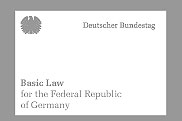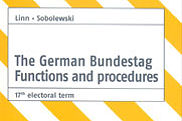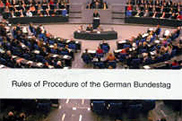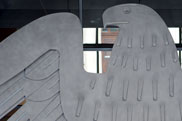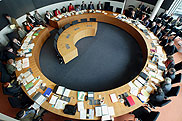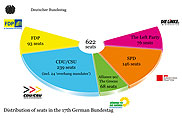Homepage
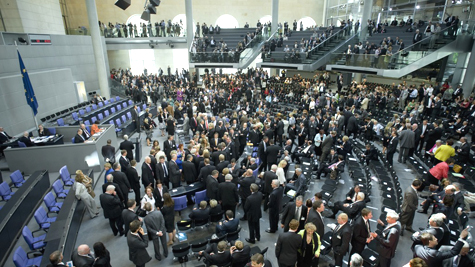
© German Bundestag/ Unger
Zum 2. Inhaltsabschnitt springen
Further Information
Digital Image Service
this will be replaced by the SWF.
Postal address
German Bundestag
Platz der Republik 1
11011 Berlin
Germany
Tel.: +49 30 227-0
Fax: +49 30 227-36878
Fax: +49 30 227-36979



